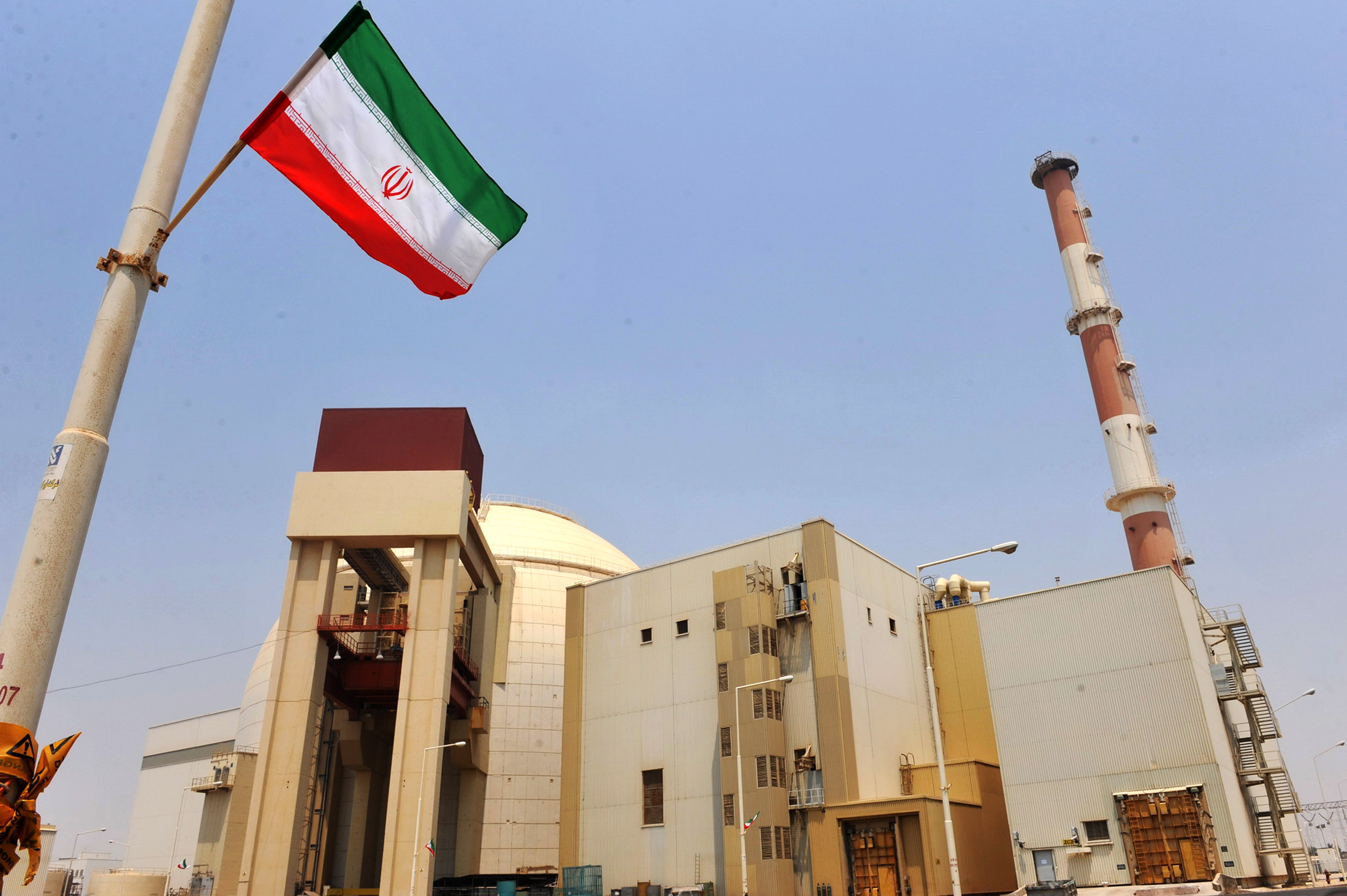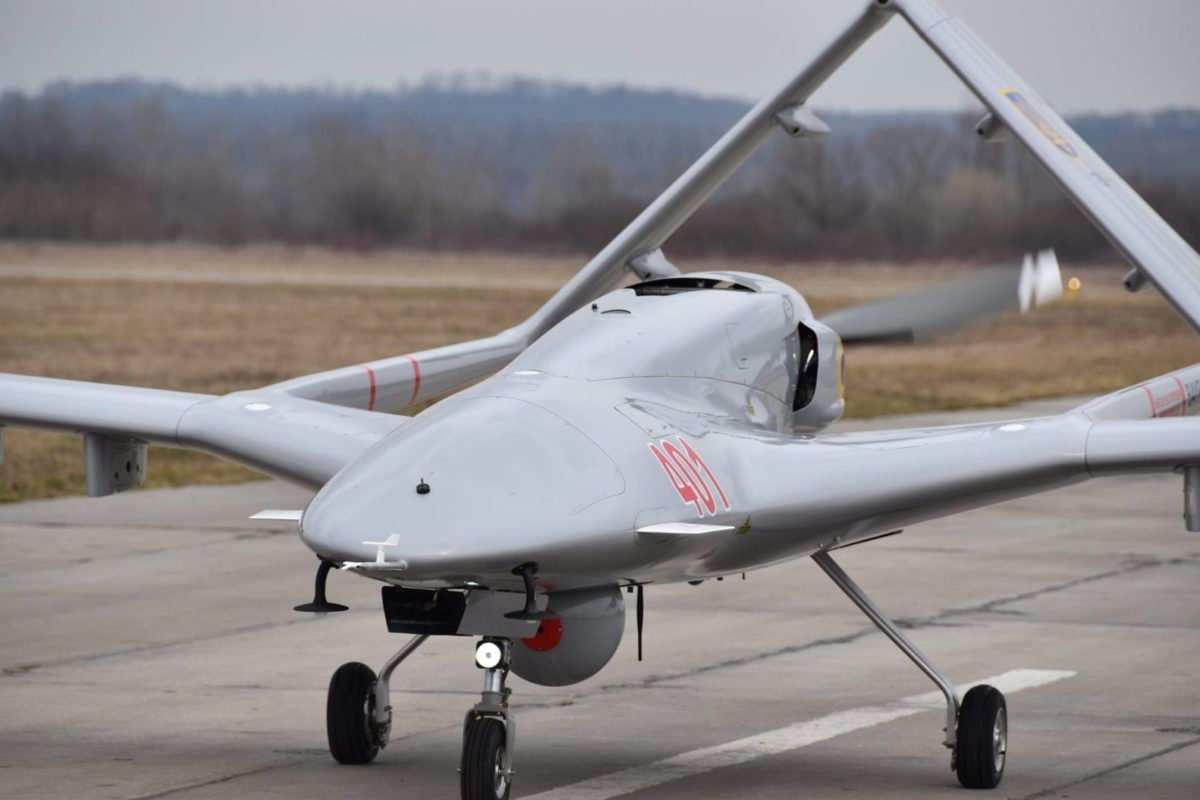
The plunging price of oil, the escalating costs of its intervention in Syria and the dramatic effect economic sanctions were having on its economy, “the last thing the Iranians were going to do was walk” away from nuclear arms talks, the author of a new book on relations between Washington and Tehran contends.
Jay Solomon, a veteran foreign correspondent of The Wall Street Journal, said even with that leverage the United States the Iranians “played that game very effectively.” This included allowing its nuclear power program to continue. The agreement also placed no restraints with new consequences on its missile and conventional weapons development or on its support of Hezbollah in Lebanon and the Houthis in Yemen.
Speaking Tuesday at the Center for Strategic and International Studies, a Washington, D.C., think tank, Solomon said what it came done to in the negotiations was: the Iranians “wanted sanctions lifted; the United States wanted to avoid [another] war” in the Middle East.
For Tehran, there was “huge black hole” in their economy and they needed to have sanctions lifted against its Central Bank and again to be a player in the oil market. The Iranian leadership also came to believe that if the United States would not attack the Syrian regime of Bashar al Assad for its use of chemical weapons against its opponents, Washington would not attack them or back any Israeli strike against Iranian nuclear facilities.
When Secretary of State John Kerrey and the administration stuck to that position, the United States “really kind of got railroaded at the end” on these other issues when the agreement putting the brakes on Iran’s weapons program for 10 years was reached.
In his book, Iran Wars: Spy Games, Bank Battles, and the Secret Deal that Reshaped the Middle East, Solomon said the agreement was in a way “a bet on the politics” that Iran would be a changed nation in 10 years. Incoming President Hassan Rouhani was considered a comparative moderate, and Supreme Leader Ali Khamenei, 77 and being treated, would be no longer on the scene.
What has happened since, he said is Khamenei has complained about the United States and others have not lived up to all parts of the agreement concerning economic relief. “We’re not getting what we expected,” is the way Solomon described the reaction. He noted that the Iranian economy now is growing at a rate of 5 percent annually instead of contracting. At the same time, Tehran continues to support Assad, the Houthis and Hezbollah. It also is stepping up harassment of American Navy ships operating near its coast, probably as a signal to any new administration that Tehran considers itself a regional power, he said.
Saudi Arabia, the Gulf States and Israel remain skeptical about the agreement. They see the negotiations as “talks taken behind their backs” since they were not involved. Solomon said that view was understandable and contrasted that with the United States’ approach earlier in nuclear talks with North Korea where Japan and South Korea were participants.
As the administration in Washington will change in January, Rouhani also will be seeking re-election in June. Solomon said it was important to remember that Rouhani was an acceptable candidate to the nation’s conservative leadership.
So far, according to the International Atomic Energy Agency, Tehran is keeping the agreement on its weapons program. Solomon warned that if Iran was found in violation, “sanctions will be very difficult” to re-impose.
Solomon said he chose the word “wars” for the book’s title because the conflict and tensions between the United States and Iran date back to 1979 when Americans were taken hostage from the embassy in Tehran with a number of other flashpoints, including working with Shiite militias attacking coalition forces in Iraq, until now.
Washington and Tehran have come together in “transactional engagements” — Iran-Contra with American payment in exchange for Iranian arms shipment to Nicaraguan rebels and shipping once frozen cash to Iran recently as it released some dual national prisoners — to resolve some of these conflicts. They also worked together in support of the Northern Alliance in the early days of the war in Afghanistan.
On the nuclear agreement, which can also be seen as transactional, “the risk is it’s not going to last,” he said in answer to a question.





